Our Solution
In the music and media industries, metadata - specifically ownership metadata - about the intellectual property of an asset can be difficult to track, license and monetise. That is because there are so many different data formats, linked assets and divers stakeholders even for a single product.
Due to the volume of information, and stakeholders, the boom of AI generated music, and the lack of a centralized directory of data - the music industry suffers from a blockage of funds that can be held up in suspense accounts, diverted to the wrong parties, never distributed at all, or blacklisted from licensing opportunities.
Verifi’s solution allows parties to share data in a private environment and fix the metadata blockages or missing information that prevents them from getting paid. We have already seen results for our clients who were able to unlock significant portions of money for their business by using our tools.
METHODOLOGY
Our methodology centers around the core concept that data sets should remain separate and private, but be linked together on key identifiers and field values to assist in the matching, validation and correction of datasets between parties. We therefore can see and display conflicts between datasets and ultimately suggest back a ‘best known truth’ in the Verifi Composite Data set based on a scoring logic of the links.
DYNAMIC DATA MODEL
Our data model ingests and stores asset metadata as separate but clustered entities that are in turn linked to one another through relationships such as ‘performer’ on a recording or ‘track’ on a product. This allows us flexibility to analyse different versions of the same entity across datasets or even within a client’s own data. Further, it allows us to compile a ‘best known truth’ version of the entity from within that cluster by applying our scoring logic to clusters and pairs.
SEAMLESS INGESTION AND PRIVATE STORAGE
Our solution moves with the rhythm of the music industry, allowing for fluid and flexible ingestion from any industry standard format (e.g. DDEX or CWR) into our system. We recognize that your data is as unique as you, so we are able to sort and normalize into the Verifi ecosystem seamlessly without the hassle of standard templates. Once sorted, we compare your data through a series of private and permissioned pipelines, to begin scoring and suggesting enrichment, validation or corrections to your data and the rest of the Verifi ecosystem.
ADAPTIVE SCORING AND MATCHING
Our scoring algorithms are visualised in a Directed Acyclic Graph (“DAG”) technology which allows us to adapt matching rules, logic and data normalization in a fluid way for each client. These matching manifests are stored as templates in the admin UI that I will be demonstrating, and is what directs our systems to find, score and match client datasets together as well as instructs the system in what type of output and with which values we want to receive the results.
Label & Distributor Use Cases
Average Works data at a Label Before/After Verifi Media
When clients are looking for enrichment data, often they will be starting from zero or from a low threshold of certainty around their information. For example, we’ve found on average that the writer names on recordings are perfect matches only about 40% of the time.
There is a clear disconnect in existing solutions for labels to find good writer information for their recordings, but with Verifi we have hit over 80% matching rates for works and 90% for writers. This has helped label clients correct data on song titles and writer names on their Master Recordings for artists across the board, including some songs that were generating over 500 million streams.
Validated and Corrected Writer Names in the Label Copy
Improvement Over Time of Work <> Recording Pairs Data
At Verifi Media, we understand the value of continually improving datasets. Much more valuable than a one-time data cleanse is the ability to keep data in sync, adaptive to changes like acquisitions and new registrations, and dynamically changing as new information or validation is completed.
Our clients have seen continual improvement on matches such as ISWC-ISRC pairs, even when the registration or allocation of new ISWCs has slower periods.
Publishing & DSP Use Cases
Closed-Ecosystem Work<>Recording Pair Validation
Invalid pair-matching can create over-claims, growing suspense accounts, or may even cause legal action. Additionally, missing pairs data results in less money coming in for publishers and societies and more headaches for DSPs looking to allocate mechanical royalty funds.
On average, Verifi clients who overlap and compare their datasets are able to automatically invalidate 20% of bad potential pairs and proactively validate and find new matches or 30% of their catalogs. In turn, this allows clients to generate new revenue streams and release held-up funds back into the ecosystem.
COLLABORATION
& SAFETY
-
VRDA members and Verifi clients agree to share what is known as the ‘public data set’ with other members of the ecosystem. This dataset is restricted to what is common public domain information such as Titles, Main Artist Names, ISRCs, ISWCs and EAN/UPCs. Information such as work<>recording links, shares, or PII remains private to clients only.
-
Verifi ingests, scores, validates and enriches ownership / descriptive metadata fields pertaining to the works, recordings, products and participants for musical assets. We do not currently analyse or provide subjective metadata fields, royalty information, or popularity indexes.
-
Client data is stored separately to ensure data integrety and privacy. Data ingested into our third-party data layer or Verifi composite layer can be anonymised for client privacy, or clients can opt-in to share their data source in order to facilitate corrections across the VRDA.
-
Due to the sensitive nature of new releases, we are careful to embargo new release data to its release date, except for when a client has given explicit permission to share its releases with publishers and CMOs for the purposes of pre-release works matching.


